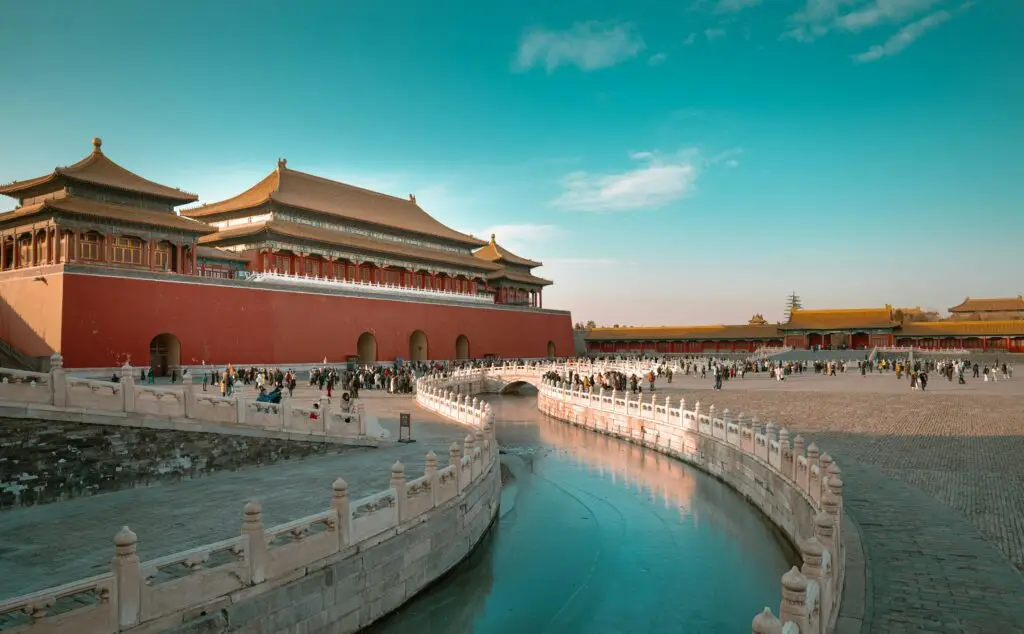Practical Travel Information
Planning a trip to China is exciting, and a little preparation goes a long way to make your journey smooth and stress-free. Here are some essentials every traveler should know before arriving.
Visa & Entry Requirements
Most foreign travelers need a visa to enter China, which should be arranged in advance through a Chinese embassy or consulate. Tourist visas (L visa) are typically valid for 30 days, though extensions may be possible. Ensure your passport is valid for at least six months beyond your planned stay, and carry printed copies of hotel bookings and return flights, as immigration officers may ask to see them.
Best Times to Visit
China is vast, and its climate varies widely, but generally spring (April–May) and autumn (September–October) are considered the most comfortable and picturesque seasons for travel. Spring brings blossoms and mild weather, while autumn offers crisp air and golden landscapes. Summers (June–August) can be hot and humid, particularly in southern China, while winters (December–February) are cold in the north but perfect for snow festivals or fewer crowds at major attractions.
Money & Payments
The official currency is the Renminbi (RMB or CNY), also known as the yuan. While cash is still accepted, mobile payments dominate daily life in China. Alipay and WeChat Pay are widely used even for small purchases like snacks or metro tickets. Foreign travelers can now link international credit cards to Alipay and WeChat Pay, making it easier than ever to join the cashless culture. ATMs are common in cities, but less reliable in remote areas, so carrying some cash is always wise.
Language Tips
Mandarin is the official language, though many regions also have their own dialects. English is spoken in airports, major hotels, and tourist areas, but less so in smaller towns. Learning a few simple Mandarin phrases, such as Nǐ hǎo (Hello), Xièxiè (Thank you), and Duo shǎo qián? (How much?) can go a long way. Translation apps like Google Translate or Pleco are highly recommended for navigating menus, signs, and conversations.
Health & Safety
China is generally safe for travelers, but it’s best to take basic precautions. Tap water is not safe to drink — stick to bottled or boiled water. Food is usually safe, but if you have a sensitive stomach, start with cooked dishes from reputable restaurants or street vendors with busy stalls. Vaccinations recommended for most travelers include Hepatitis A and Typhoid; consult your doctor before traveling. Emergency numbers are useful to note: 110 for police, 120 for medical emergencies, and 119 for fire. Pharmacies are widespread, though English labeling may be limited, so bring any essential medications with you.
With these basics in mind, you’ll be well prepared to enjoy everything China has to offer — from bustling cities to quiet mountain villages, ancient history to modern innovation.

